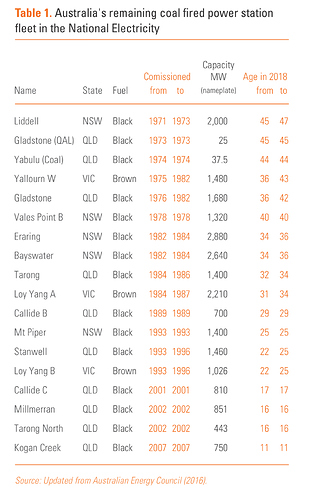Science not at it’s best?
“The implication is that it’s impossible to say what the implication is,” says Jørgen Berge, the lead study author and a biologist with the Arctic University of Norway.
Blind spot or acceptance that the role of coal remains critical to the futures of China, the United States and India?
For Australia the export income coal and iron ore creates is currently offsetting our trade and helping to fund the importing of Solar panels, wind turbines and battery electric cars. It’s currently odds on Australia will be independent of coal generated electricity long before any of these big three miners. The prospect of stopping the export of iron ore (which is currently reduced to iron with coal) is an equally effective strategy to ending the consumption of coal.
Perhaps there is hypocrisy in considering
When there are no concurrent calls for an end to the mining and export of iron ore.
As for NSW and it’s addiction or dependence on coal.
No blind spot, just a simple point that production peaked in 2013-14 and is on the way down, albeit slowly.
The other news is that a majority of Australians desire change. No blind spot there.
[“There’s no shortage of research that shows people are worried about climate change,” she said.
“The problem is not people thinking it’s a problem, the problem is what are people willing to do about it.”
While a minority of people were willing to make big sacrifices to see climate change tackled, Ms Huntley said there were many more for whom it’s not a top priority.
For instance, while 62 per cent of respondents said they would support a levy on fossil fuel companies to help transition to clean energies, that could change if jobs were lost or prices went up, she said.]
(Climate change survey shows Australians want action on emissions, but are divided on nuclear - ABC News)
The majority of Australian’s see Climate Change through local issues.
And a majority disagreed with the sentiment that Australia should not act on climate change until major emitters like the US and China did.
Although Australia’s local emissions contribute around 1.4 per cent of the world’s greenhouse gas emissions,
A long way removed from any concerns about impossible to define implications of light on Arctic fisheries.
Perhaps news closer to home might provide great impetus?


